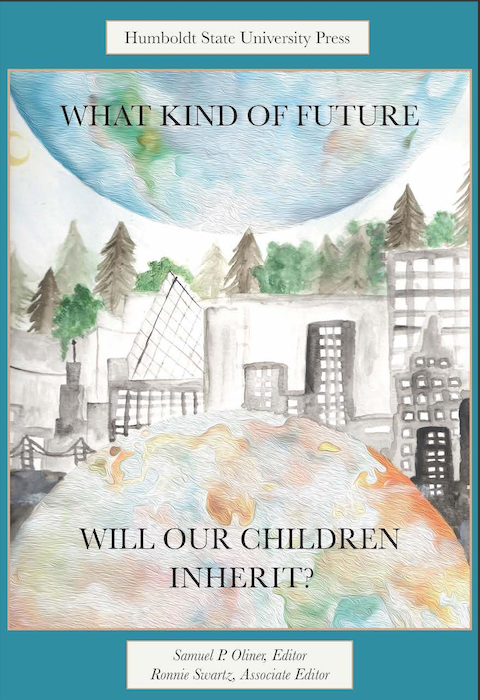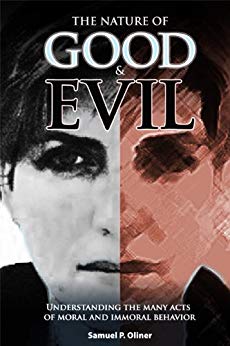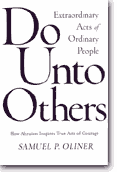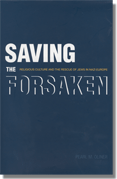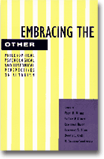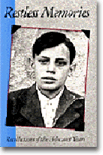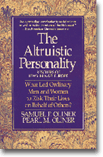What Kind of Future Will Our Children Inherit?
Over the years, my students, research associates, and I have reviewed the literature of psychology, ethics, ecology, climatology, and other areas of study to consider the direction in which our world is going and what kind of future our children will inherit. Our previous work focused on the nature of good and evil—with concern especially for goodness—through which we have considered good in the world and the application of good to achieve a better world. Our books concerned altruism, kindness, empathy, and moral responsibility for diverse others. In this book we concentrate on the areas of greatest concern regarding our future as a species. Scholars are warning us about the direction we are taking in this interconnected world. Many of these experts view our global situation as a “glass half empty”; their studies reveal a future that is bleak and on the verge of catastrophe. There are, however, other scholars who view the world and humanity’s future in more optimistic terms—those who see the “glass half full.” My own work indicates that goodness, defined as concern for others and for making the world a better place, is on the rise.
Making the world a better place is not simply about the glass being half full or half empty; it is both at the same time. With the complexity of global trends comes major challenges, and one cannot say that one perception is correct and the other incorrect. It is much more complicated than that. We have an emergence of those who see the future as promising and perhaps even more harmonious than we have ever imagined, as well as those who believe that we are declining and ruining ourselves. A number of institutions, groups, governments, and individuals have taken these challenges to humanity seriously—have “seen the light”—and are trying to do something about the future state of the world.
This book describes the two sides to the future our children stand to inherit: the glass half full and the glass half empty of what has been the trajectory of the world, it seems, since the beginning of human history. The arc of human progress has at times taken major leaps forward; at other times it appears to have lain dormant, only to burst forth with a new energy at a later time. In this collection of writings, we have attempted to show both sides of the picture because to do otherwise would leave this endeavor incomplete. Depicting only the negative would lead one to think that there is nothing positive moving us forward; depicting only the positive would suggest that we have no further work to do.
What kind of future will our children inherit? It is a future like all futures—it contains both an evolution of our species towards a higher level of consciousness and a resistance to such change. This has been the balancing act throughout human history. It will be incumbent upon our children to make sure that the glass of the future is half full.
-Sam Oliner, Founder, Altruistic Behavior Institute
